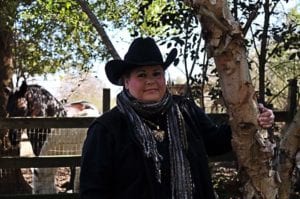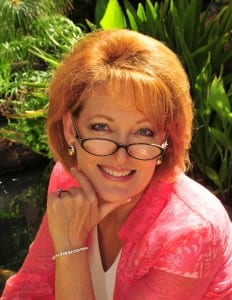 By Anita Lesko, BSN, RN, MS, CRNA
By Anita Lesko, BSN, RN, MS, CRNA
I have the good fortune to be a friend of Dr. Temple Grandin. We have a lot in common. We are both autistic, and we share a very similar youth that played a big factor in our adult life. We both started having jobs at a very early age. Temple often talks about her early days, when her job was to greet guests at the door for her mom’s dinner party, and take their coats to hang up. Yes, it was a job. She was given a responsibility to carry out.
Among her numerous other childhood jobs was the one I, too, did for many years — mucking out horse stalls. In conversations with Temple on the phone, we’ve talked about those days of our teenage years spent shoveling out one stall after another. We both love horses and being around them. It was peaceful and it was also a form of therapy. In essence, it was our occupational therapy.
All the childhood jobs we did prepared us for the day when we’d start our careers. We were used to working, showing up on time, following orders from a boss, figuring out how to get a job done. It was just a regular part of our life. So, when the day came to embark into our careers, we really didn’t have to transition into anything. We were already there.
MAR
 By Kerry Magro, Self-Advocate, National Speaker, and Author
By Kerry Magro, Self-Advocate, National Speaker, and Author By Carol S. Weinman, Esq., Autism Legal Specialist
By Carol S. Weinman, Esq., Autism Legal Specialist![Elayne_And_Heidi_In_White_Touched-up[1]](http://www.certifiedautismspecialist.com/wp-content/uploads/2017/03/Elayne_And_Heidi_In_White_Touched-up1-232x300.jpg) By Elayne Pearson, CAS,
By Elayne Pearson, CAS, 
 Dr. Bruce E. Wexler is a Professor at
Dr. Bruce E. Wexler is a Professor at  “Hand in Hand with Elayne”
“Hand in Hand with Elayne” Meet Dominik
Meet Dominik